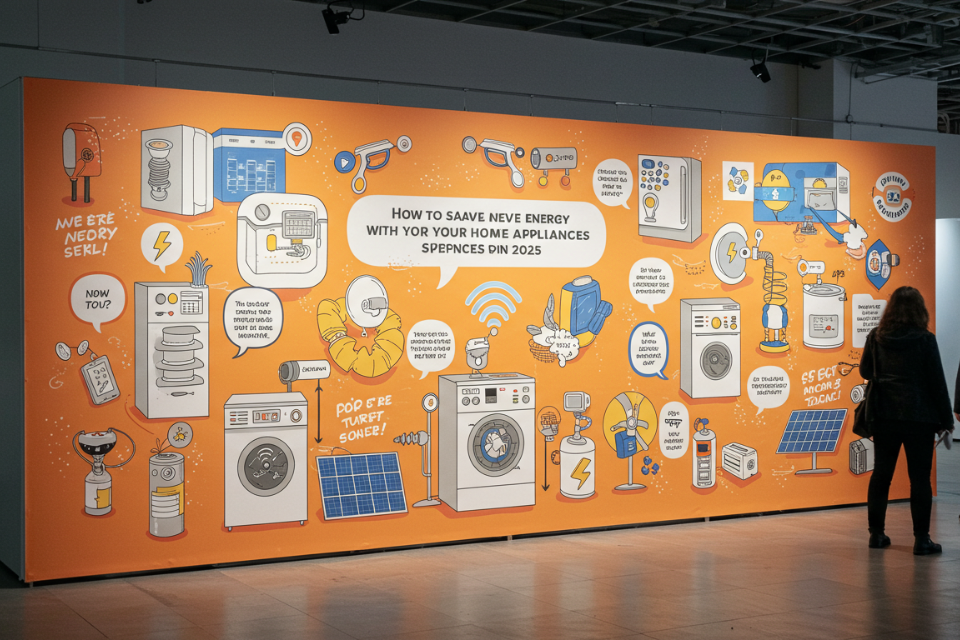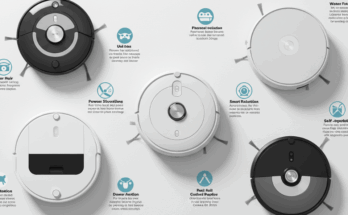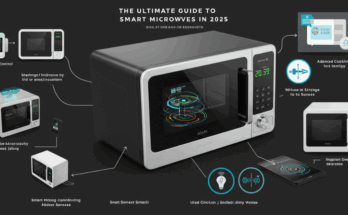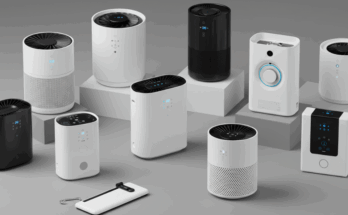Introduction
In 2025, saving energy isn’t just about environmental responsibility; it’s about saving money. With rising energy costs, making your home appliances more efficient is a smart financial move. This guide will show you how to significantly reduce your energy consumption and lower your bills with simple changes to your appliance usage habits.
Refrigerator Efficiency
Your refrigerator is likely one of your home’s biggest energy consumers. Keeping your refrigerator at the optimal temperature (around 37°F or 3°C) is crucial. Avoid overcrowding it, as this forces the compressor to work harder. Regularly cleaning the coils can also improve efficiency. Consider investing in a newer, more energy-efficient model if your current refrigerator is quite old; check out resources like EnergyStar.gov for ratings.
Washing Machines and Dishwashers
Modern washing machines and dishwashers are far more energy-efficient than older models. Always run full loads to maximize efficiency. Using cold water whenever possible is a significant energy saver. Choose the appropriate wash cycle for your laundry and dishes; avoid using excessive heat unless absolutely necessary. Learn more about eco-friendly detergents on this great blog.
Lighting and Electronics
While not strictly appliances, lighting and electronics contribute to your overall energy consumption. Switching to LED lighting is one of the easiest ways to cut back. Remember to unplug electronics and chargers when not in use. Using smart power strips can help automate this process and prevent standby power consumption, saving you money in the long run. For more information on smart home energy management, check out Smart Home Energy Solutions.

Reducing Standby Power
Many appliances consume energy even when turned off, this is known as standby power. Unplug chargers, TVs, and other electronics when not in use to minimize this phantom energy drain. Using smart power strips can automate this process. Consider unplugging devices that are not frequently used, like coffee makers or toasters, to further reduce your energy footprint. Read more about saving energy with smart power strips.
Heating and Cooling
Your heating and cooling systems are major energy users. Regular maintenance is essential for optimal efficiency. Check and change air filters regularly. Proper insulation and sealing around windows and doors will also significantly reduce energy waste and improve the performance of your heating and cooling system. For further tips, visit this expert guide.
Conclusion
By implementing these simple changes and making mindful choices regarding your appliance usage, you can achieve substantial energy savings in 2025. Remember, small changes can make a big difference in both your energy bill and the environment. Start with the easiest steps and gradually incorporate others into your routine.
Frequently Asked Questions
What is the most energy-efficient type of refrigerator? Energy-efficient refrigerators often feature features such as inverter compressors and improved insulation. Check the Energy Star rating for guidance.
How can I reduce energy consumption from my washing machine? Use cold water, run full loads, and select energy-efficient wash cycles. Consider air-drying your clothes instead of using a dryer.
What are smart power strips, and how do they save energy? Smart power strips monitor the power consumption of plugged-in devices and automatically cut off power to devices that are not in use. This eliminates standby power consumption.
How often should I clean my refrigerator coils? Cleaning your refrigerator coils at least once or twice a year is recommended to maintain efficiency.
Are there government incentives for energy-efficient appliances? Check with your local utility company and government websites for potential rebates and incentives for upgrading to energy-efficient appliances. See available rebates and incentives for further details.



